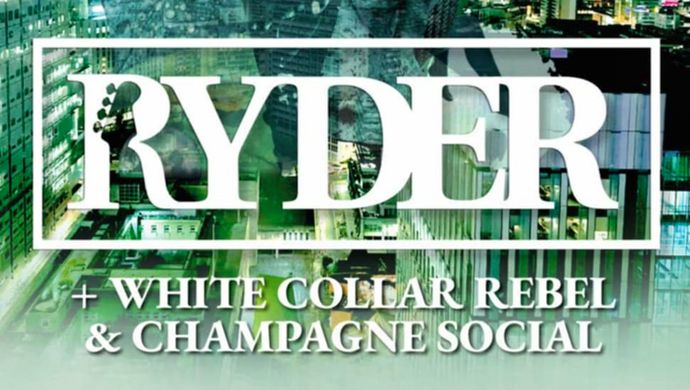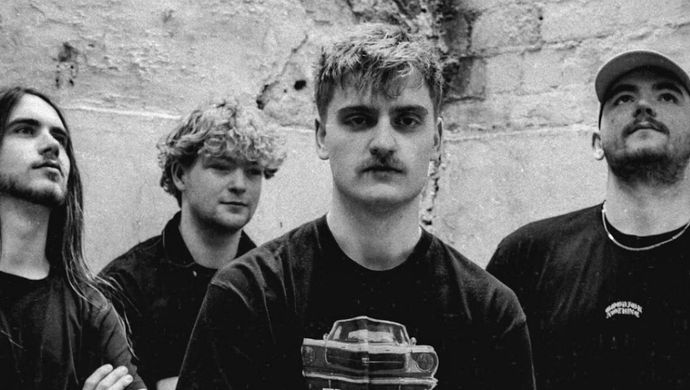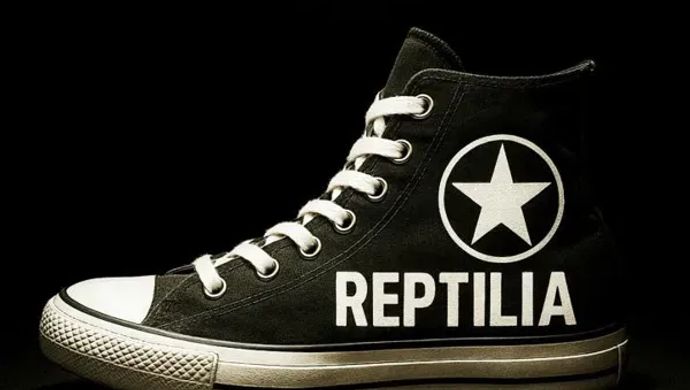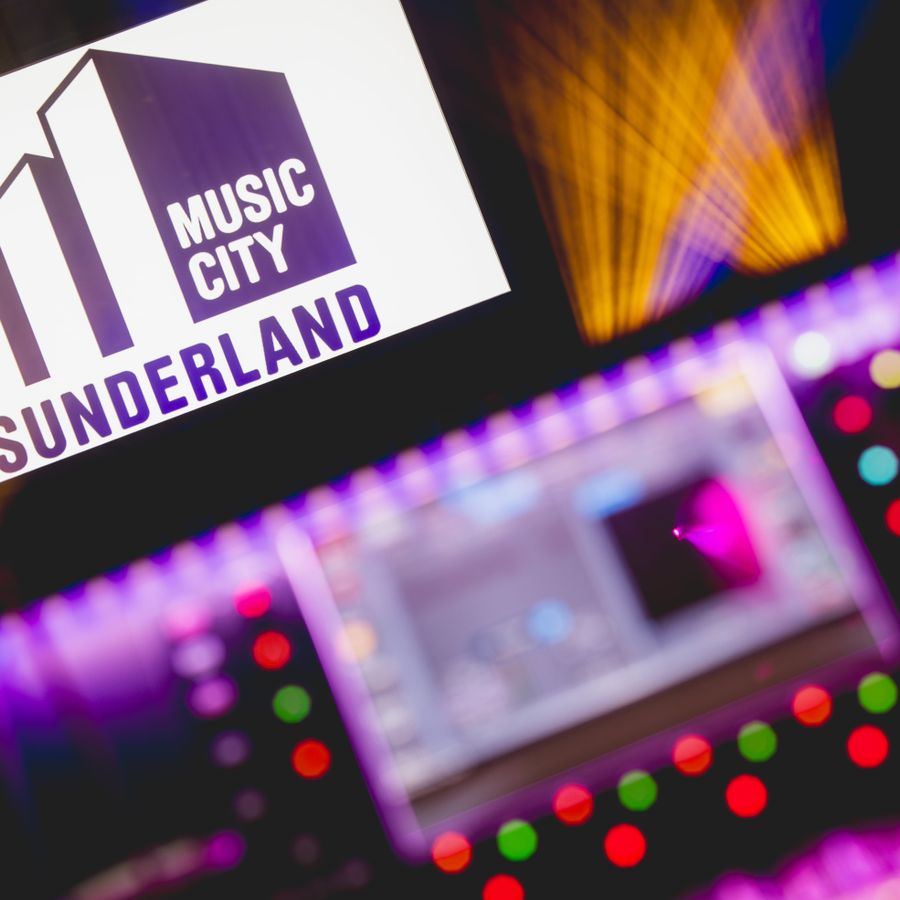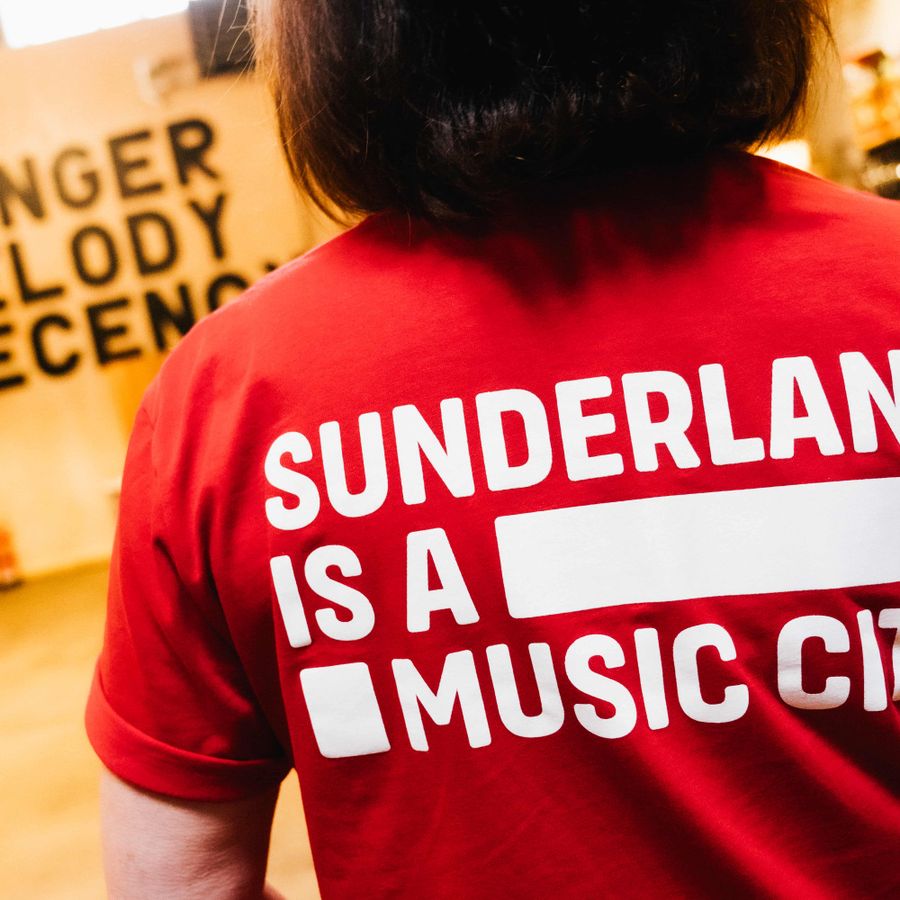We are Sunderland Music City
We want everyone on Wearside to have more exposure to music. Music has so many cultural and social benefits. It makes us feel good. It encourages us to learn new skills. It's good for our mental health. It exposes us to different cultures. It helps us understand our history and heritage. From musicians to promoters, hospitality workers to teachers - we can make a living from it. Music drives tourism and encourages people to stay longer, helping our amazing city and businesses thrive. That's why we think Sunderland Music City can be transformative for our city.




